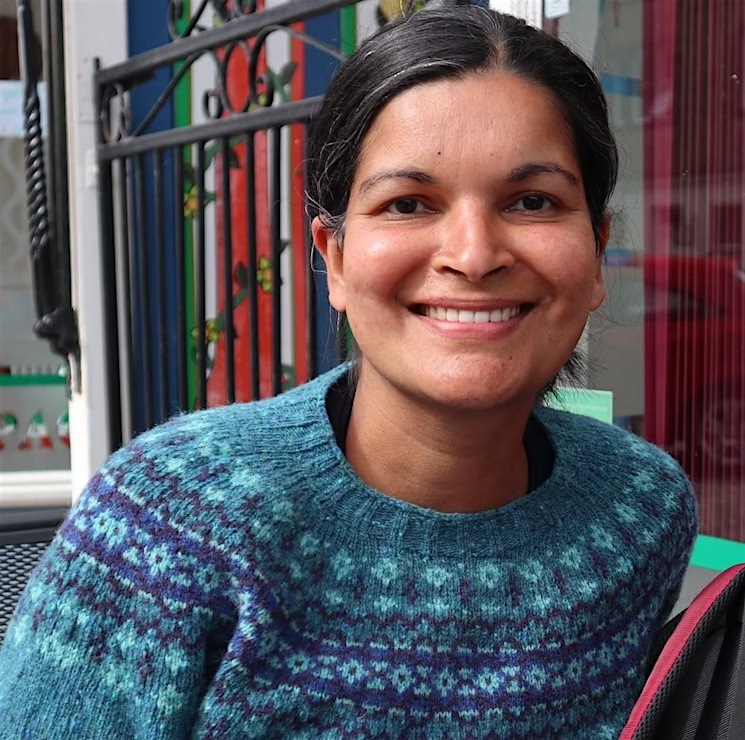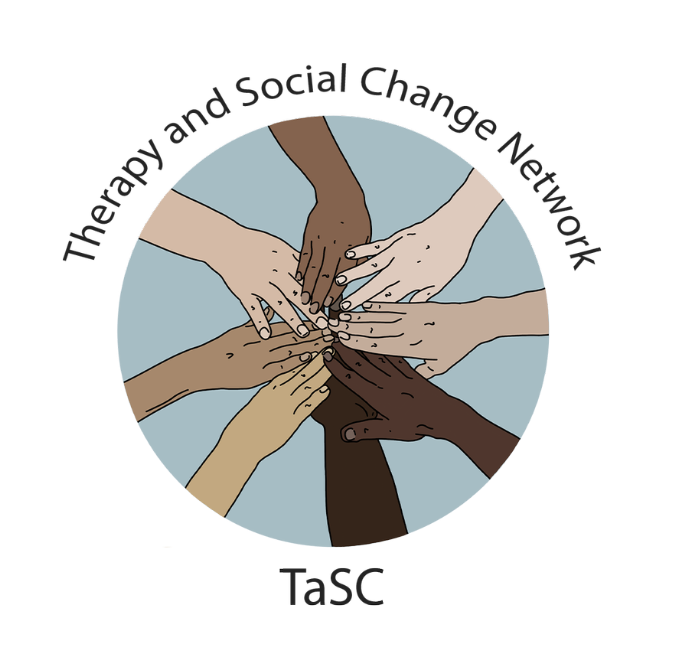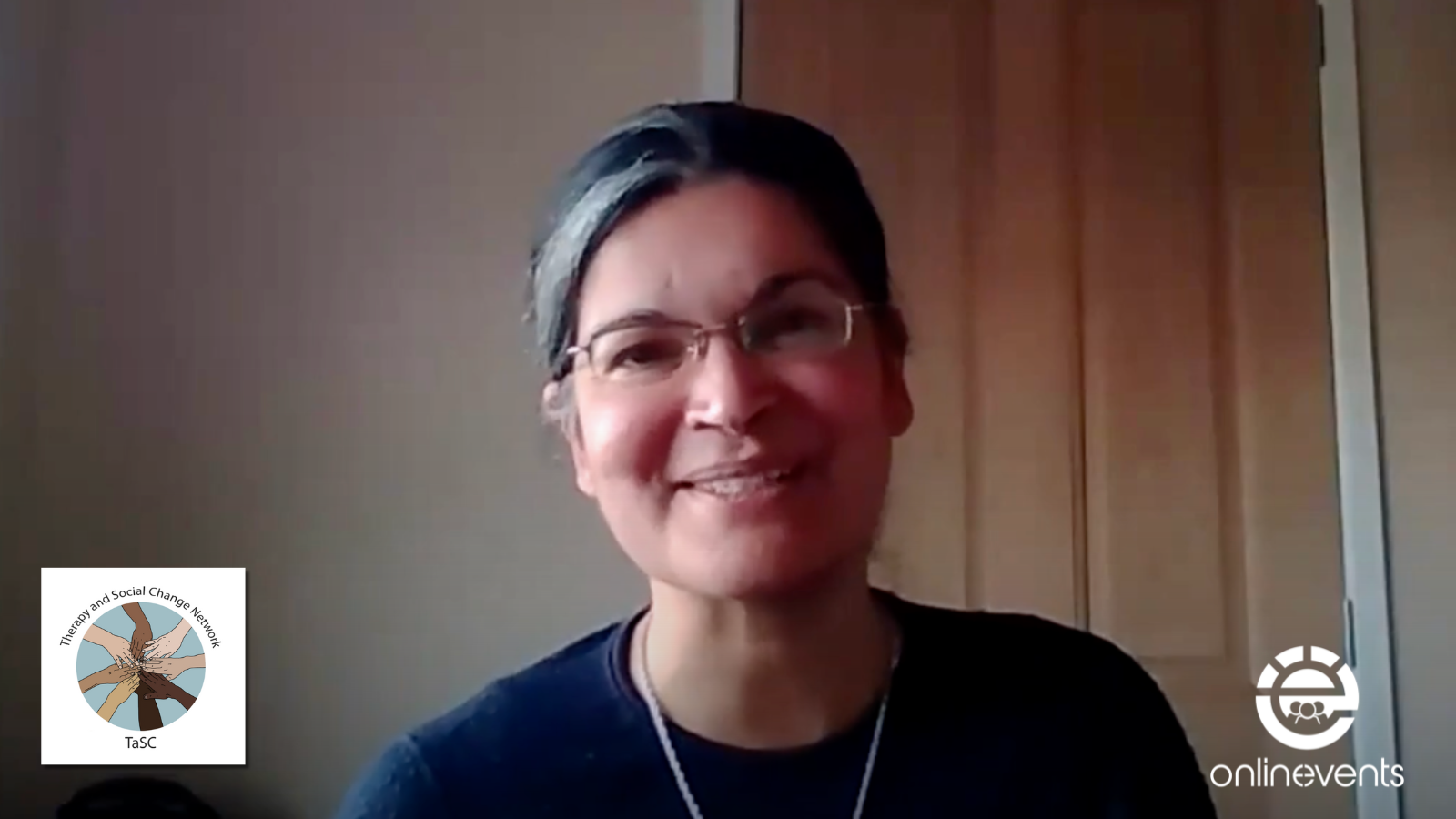This event is included in a series of seminars organised in collaboration with the Therapy and Social Change Network.
This session will examine the debate about whether we are over-pathologising emotional distress by looking closely at the basis upon which diagnoses of emotional disorder are made. I suggest that the way we delineate the boundary of emotional disorder is significantly influenced by our background conception(s) of human flourishing. This claim, I will also suggest, has far-reaching consequences for the way we construe the practice(s) of psychotherapy.
Learning Objective Participants Can Expect From This Event
- To appreciate the basis upon which judgements of emotional disorder are made.
- To recognise the role that our conception(s) of human flourishing play in influencing our views about the nature of emotional distress.
- To reappraise the nature of the psychotherapeutic endeavour in light of the foregoing learning objectives.
Who is This Workshop Appropriate For?
- Anyone with an interest (professional and/or personal) in understanding human emotions with regard to the boundary between disorder and normality.
How May This Workshop Impact Your Practice?
- It will offer participants a critical understanding of the nature of the psychotherapeutic exchange, with a focus on appreciating non-medical perspectives on this exchange.
Course Content
Organisation
This learning is avaibale in the FREE Student Hub
Presenter

I am a senior lecturer in philosophy and mental health, and I have served as course leader for the MA Philosophy and Mental Health at the University of Central Lancashire for the past 10 years. My research focuses on foundational concepts in psychopathology, and I am especially interested in the concept of emotional disorder and that of personal agency.

The Therapy and Social Change (TaSC) Network is a broad affiliation of people interested in exploring the interface between therapeutic ideas and practices and social justice perspectives and actions. We are interested both in the ways that counselling and psychotherapy can be practiced with social justice concerns in mind (for instance, tackling unconscious biases in the consulting room), and also in the ways that therapeutic principles and practices can be extended out to the wider social realm (for instance, developing social and emotional literacy in schools).


